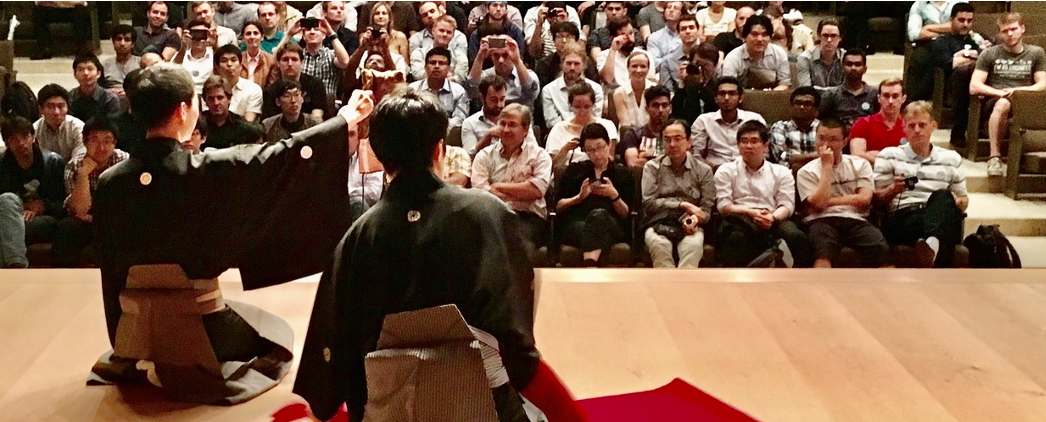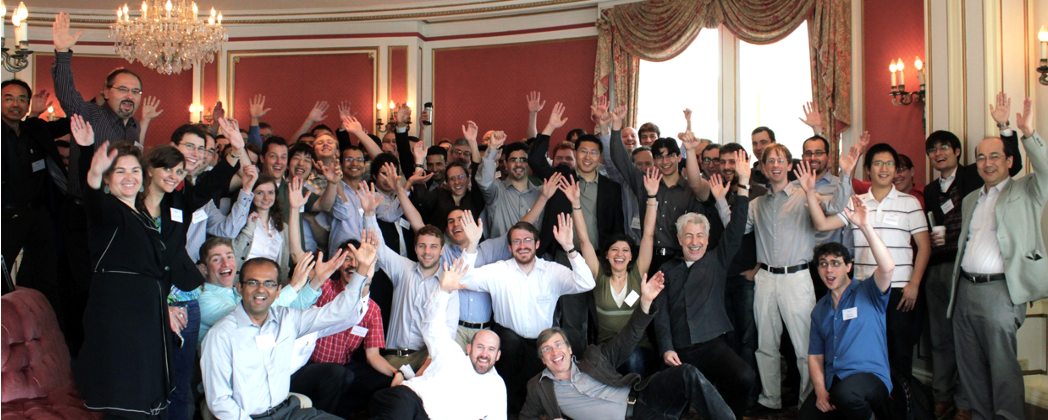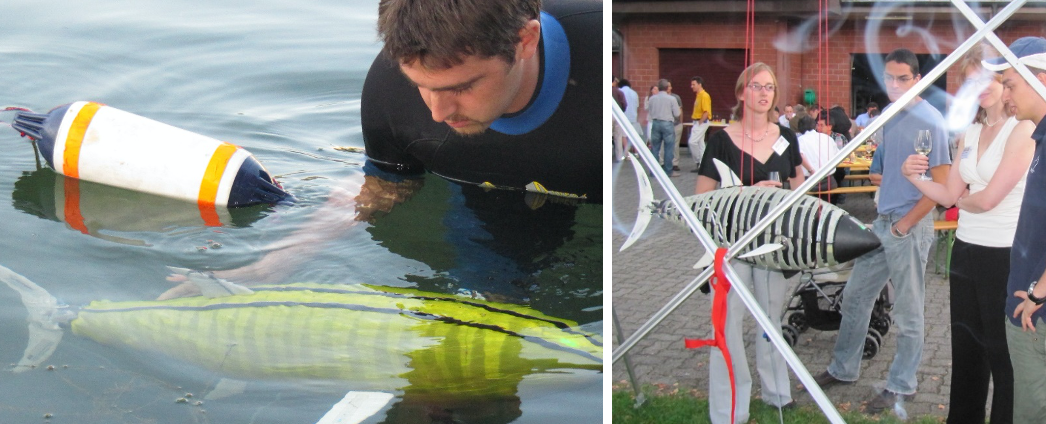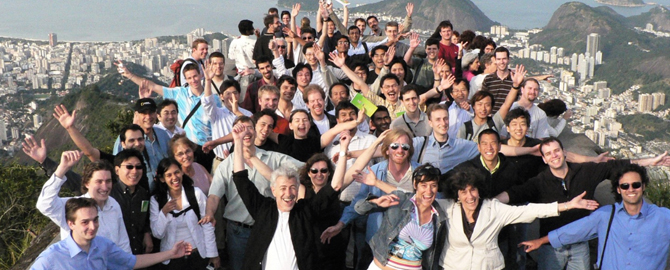Date and time:
April 15 at 7am PDT / 10am EDT / 4pm CET / 11pm JST
Live Stream: Zoom Webinar (https://zoom.us/j/99263402273)
Live questions and discussion: Slido (https://app.sli.do/event/6digrwix)
Panelists: Hajime Asama (University of Tokyo), Matt Mellor (Createc), Gill Pratt (TRI), Shunichi Suzuki (University of Tokyo)
Front Row Participants: Robin Murphy, Emiko Uchiyama, Jennifer David, Phillipe Bidaud, Keiji Nagatani
Title: Ten Years After Fukushima
Video on Bilibili: https://www.bilibili.com/video/BV1384y1F7hd/
Video on YouTube: https://youtu.be/FeNz91xlttU
The Great East Japan Earthquake and tsunami that occurred on March 11, 2011 caused a serious accident of the Fukushima Daiichi Nuclear Power Station (1F) of Tokyo Electric Power Company (TEPCO). This Level 7 accident is one of the most serious nuclear disasters in the world. The Japanese Government and TEPCO decided to decommission 1F. It is, however, a very long-term mission, and it is predicted to take at least 30-40 years. Over the past ten years various robotics and remote technologies have been introduced at Fukushima sites for such tasks as inspection, rubble removal, and sampling showing success and revealing challenges. Successful decommissioning will rely on the development of highly reliable robotic technologies that can be deployed rapidly and efficiently into the sites. The discussion will focus on the decommissioning challenges and robotic technologies that have been used in Fukushima. The panel will conclude with the lessons learned from Fukushima’s past 10-year experience and how robotics must prepare to be ready to respond in the event of future disasters.
The Robotics Global Colloquia is a series of live online events organized by IFRR. It has been conceived to provide a platform for open discussion and interaction on diverse themes in robotics - from research and applications to the field’s social impact and its ethical issues. The series alternates between panels and speakers on specific topics. Past colloquia are accessible through the IFRR YouTube channel.
We hope you join us for this special event.
Hajime Asama
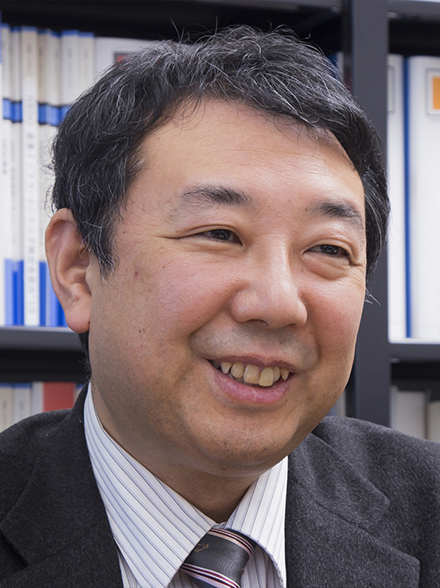
Hajime Asama received M. S., and Dr. Eng. from UTokyo (the University of Tokyo) in 1984 and 1989. He worked at RIKEN, Japan from 1986 to 2002, became a professor of RACE (Research into Artifacts, Center for Engineering) of UTokyo in 2002, a professor of School of Engineering since 2009, and the director of RACE since 2019. He received SICE System Integration Division System Integration Award for Academic Achievement in 2010, JSME Award (Technical Achievement) in 2018, etc. He was the vice-president of RSJ in 2011-2012, an AdCom member of IEEE Robotics & Automation Society in 2007-2009. Currently, he is the president of IFAC since 2020. He is a council member of the Science Council of Japan since 2017. He is a Fellow of IEEE, JSME, and RSJ. He is an expert member of the Council for the Decommissioning of TEPCO’s Fukushima Daiichi NPS of Japanese government and TEPCO, a member of Expert Committee on Fuel Removal of NDF (Nuclear Damage Compensation and Decommissioning Facilitation Corporation), etc. for the activities related to the decommissioning. His main research interests are service robotics, distributed autonomous robotic systems, embodied brain science systems, and cognitive ergonomics.
Matt Mellor
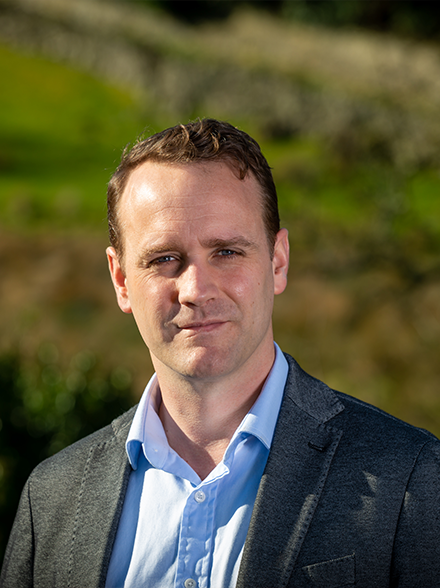
Matt Mellor is the Chief executive Officer of Createc, which works in the civil nuclear, defense, rail, aerospace, security and medical sectors, has won many awards and holds two Queen’s Awards – one for innovation and one for international trade. It works all over the world and its technology has been used to help investigate and clean up the Fukushima nuclear plant in Japan. Chief executive Matt Mellor started his career as an academic working in research and development at Oxford University. Matt was able to apply his knowledge in medical imaging to provide smart, technological solutions to the nuclear clean-up industry.
Gill Pratt
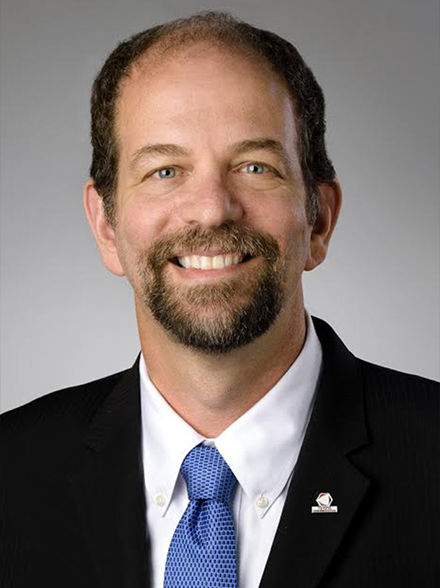
Dr. Gill Pratt is the Chief Executive Officer of Toyota Research Institute (TRI), where he directs research to create new capabilities for Toyota in Active Safety, Automated Driving, Robotics, and other Human Amplification technologies. He also serves in a global role guiding Toyota’s research strategy as Chief Scientist and Executive Fellow for Research of Toyota Motor Corporation (TMC) and Executive Advisor of Toyota Central R&D Labs., Inc. (TCRDL), both in Japan. Prior to joining TRI as its founding CEO in January 2016, Dr. Pratt served as an Executive Technical Advisor to Toyota Motor Corporation. Dr. Pratt was an Associate Professor of Electrical Engineering and Computer Science and Director of the Leg Lab at the Massachusetts Institute of Technology (MIT). Subsequently, he was a founding Professor of Electrical and Computer Engineering and Associate Dean of Faculty Affairs and Research at Franklin W. Olin College of Engineering. Dr. Pratt’s academic research focused on robotics and intelligent systems. Dr. Pratt earned Doctor of Philosophy (1990), Master of Science (1987), and Bachelor of Science (1983) degrees in Electrical Engineering and Computer Science from MIT. His Ph.D. thesis was in the field of spiking computation in natural and artificial neural systems. Dr. Pratt also worked for the Physics and Computer Science Research Departments of Bell Telephone Laboratories in Murray Hill, New Jersey.
Shunichi Suzuki
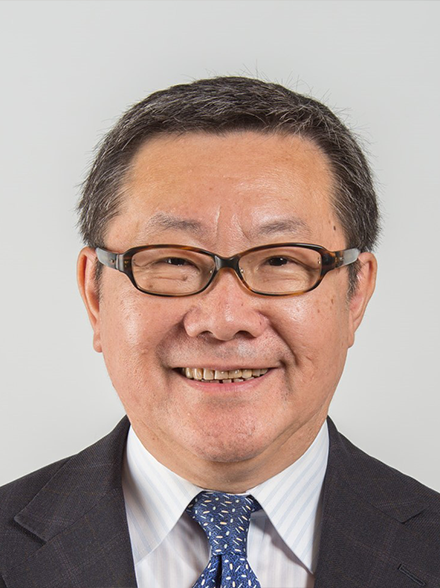
Shunichi Suzuki is a Project Professor in the Department of Nuclear Engineering and Management at the University of Tokyo. He graduated from the University of Tokyo in 1982, and joined the Tokyo Electric Power Co., Inc. After the Fukushima accident, he has engaged in the design and installation of the contaminated water treatment system and R&D management partly as a General Manager of the International Research Institute for Nuclear Decommissioning (IRID). Since 2015, he has been working on various research projects on retrieving fuel debris, waste management and human resource development related to Fukushima decommissioning.

